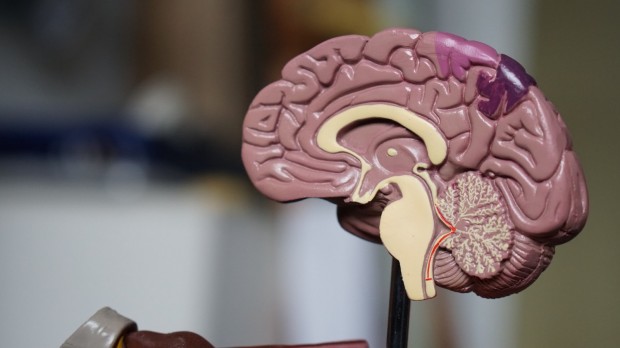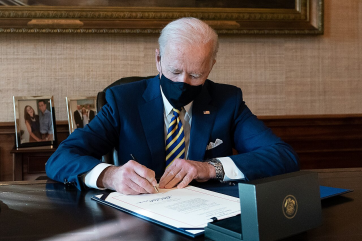"Professor Dr. Rose M. Booze Looks for Promising COVID-19 remedies During Brain Awareness Week"
By David Thompson
Photo : Robina Weermeijer via Unsplash
Brain Awareness Week (BAW) is a week-long global educational initiative that focuses on brain science. The event is celebrated annually during the third week of March. This event is being celebrated by the University of South Carolina, with the assistance of Professor Rose M. Booze. Rose Booze is an accomplished psychology professor at the University of South Carolina and is trying to find a treatment for COVID-19 symptoms, including the loss of smell and taste.
What is Brain Awareness Week?
Brain Awareness Week promotes research to deliver treatments, preventions, and potential cures for brain diseases and disorders. Its mission is to unite global partners and provide a platform for innovative minds in the field to share their unique perspectives. BAW's themed events focus partners' attention on specific findings or concerns about the brain. For example, BAW organizers can highlight missing opportunities in the medical research funding structure, and all groups and organizations can focus on addressing this issue. These events enhance collaboration and rally researchers toward a shared goal, ensuring a better quality of life for all ages. This can lead to more funding for research, in this case, the long-term effects of COVID-19.
Who is Professor Rose M. Booze?
Professor Dr. Rose M. Booze began her career at Wake Forest University as an Assistant Professor of Physiology and Pharmacology. In 1991, she moved to the University of Kentucky and rose to Full Professor. Dr. Booze joined the University of South Carolina Department of Psychology in July 2002. Over the past 20 years, she has served as the Associate VP and the interim VP for Research and Professor of Pharmacology, Physiology, and Neuroscience at the USC School of Medicine.
Prof. Booze is a Principal Investigator (PI) on an R01 grant from the National Institutes of Health for her other projects. NIH research groups actively participate in BAW events. In summer 2022, she will present data from her work on phytoestrogens in Ireland. She is also studying MCR4 knock-out mice with the USC faculty to enhance her understanding of potential developmental trajectories of obesity.
How Can You Participate in Brain Awareness Week Next Year?
Any individual or group can partner with BAW and contribute to its noble cause. Here are four ways you can participate in Brain Awareness Week next year:
Education: Sharing relevant and engaging information can enhance brain science awareness. For example, publishers can partner with K-12 schools to provide free educational handouts for kids, such as workbooks, graphic novels, and videos. You can also raise awareness about brain science by offering resources for educators, college students, and adults. Organize a workshop for local businesses to educate employees about mental fitness and health. If you're a specialist, join the Find a Neuroscientist Network.
Promotion: You can participate in BAW 2023 by promoting BAW events via social media, press releases, and op-ed pieces. Incorporating the official BAW logo in your products and materials can also help get the word out. Use multiple channels to promote the Brain Awareness Campaign and encourage more people to participate in upcoming BAW events.
If you're a musician, dancer, or graphic designer, leverage these skills to enhance brain awareness. Explore creative ideas using SfN resources, such as BrainFacts.org, the Brain Facts book, Neuroscience Core Concepts, and Educator Resources. For more information, visit www.dana.org/brainweek.
* This is a contributed article and this content does not necessarily represent the views of universityherald.com









